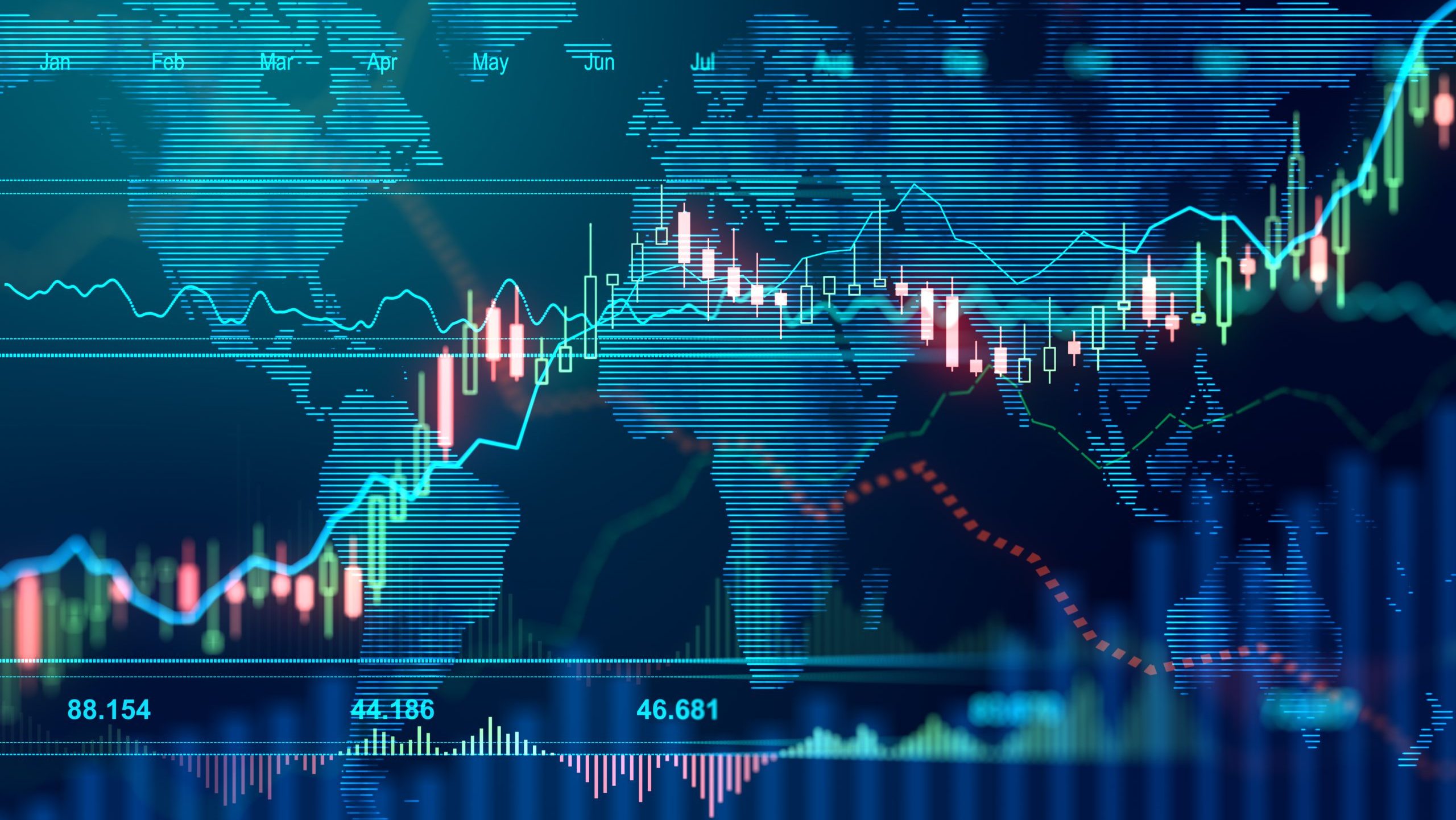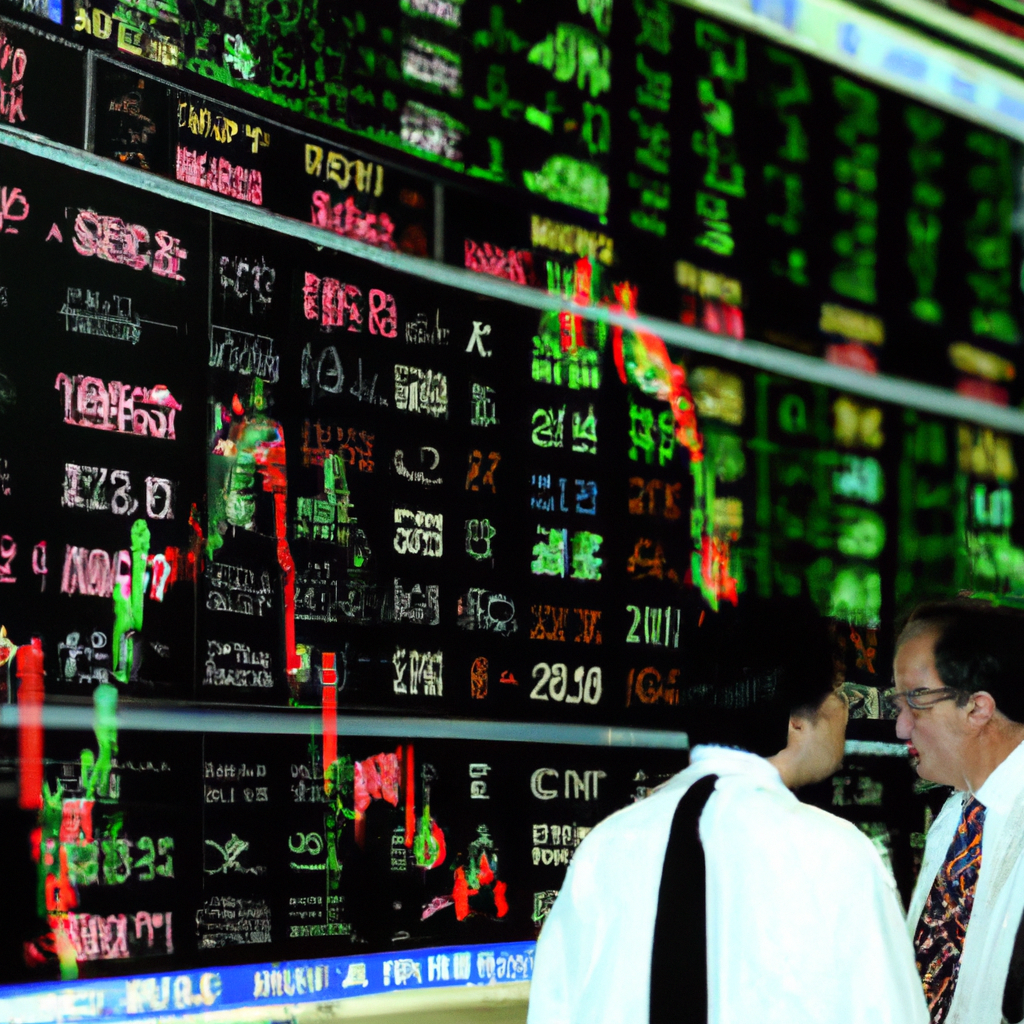
As you venture into the exciting world of financial markets, you may find yourself wondering about the various types of trading that are available. In this enlightening article, you’ll learn about the distinct styles of trading – from the ever-popular stocks and forex to the more complex options. The goal is to provide a solid understanding of each trading type and the unique opportunities they offer, equipping you with the knowledge to make better-informed decisions as you explore your personal involvement in finance trading.

Understanding the Basics of Trading
Hello there! Let’s dive into the world of trading.
Definition of Trading
Trading, in its most basic form, is the act of buying and selling assets in the financial market. These assets can range from stocks to commodities to foreign currencies and even digital currencies. Usually, the idea behind trading is to purchase these assets at a low price, and sell them at a higher price, thus making a profit in the process.
Importance of Trading in the Economy
You might wonder why trading is essential. Well, it plays a crucial role in the economy, influencing it in several ways. First, it facilitates the efficient distribution of resources by allowing goods to move from areas of surplus to areas of demand. Second, trading helps in price discovery of various financial instruments, from which investor sentiment towards the economy can be gaessed. Lastly, it also provides businesses and governments with the capital necessary to grow and develop.
The Role of Technology in Modern Trading
Technology has revolutionised the way trading is done, bringing about significant changes to this field. With the advent of online trading platforms, individuals and companies are able to trade in real-time, across various global markets, from the comfort of their homes. Additionally, the onset of algorithmic and high-frequency trading systems have introduced a new era of lightning-fast, accurate trades. As technology continues to advance, so does the world of trading.
Stock Trading
Let’s navigate into our first type of trading – stock trading.
Explanation of Stock Trading
Stock trading refers to buying and selling of shares – a small piece of a company. By buying a company’s stock, essentially you are purchasing a piece of that company, making you a shareholder. Traders make profit by selling these shares at a price higher than what they bought them for.
How to Engage in Stock Trading
You can engage in stock trading through a brokerage firm. Once you’ve set up a brokerage account, you can start buying and selling stocks. It’s important to do thorough research and analysis on company’s financial health before you invest.
Benefits and Risks of Stock Trading
Stock trading offers the potential for significant financial gains and ownership in a company. However, it also comes with risks. Stock prices can fluctuate wildly in response to several factors, including economic indicators, news about the company, or changes within the industry.
Major Stock Exchanges
Most of the world’s stock trading happens on stock exchanges. These are large markets where buyers and sellers meet to trade stocks. The biggest and most widely recognized exchanges include the New York Stock Exchange (NYSE), the London Stock Exchange (LSE), and the Tokyo Stock Exchange (TSE).
Forex Trading
Now that stocks hold no secrets for you, let’s move towards Forex trading.
Understanding the Foreign Exchange Market
Forex, short for foreign exchange, involves trading different currencies of the world. The Forex market, which is open 24 hours a day during weekdays, is the largest, most liquid market in the world.
Basics of Forex Trading
Forex trading involves simultaneous buying of one currency and selling another. These two currencies together make a ‘currency pair’. For instance, if you expect that the US dollar will increase in value against the Euro, you’ll buy the pair.
Benefits and Risks Associated With Forex Trading
The forex market offers high liquidity, a wide range of trading pairs and operates 24 hours a day. However, because of the market’s enormous size and volatility, traders should be aware of the risks involved.
Popular Currency Pairs in Forex
The market has a variety of currency pairs, but the most commonly traded are the pairs involving the ‘major’ world currencies such as the Euro (EUR), the US Dollar (USD), the British Pound (GBP), and the Japanese Yen (JPY).

Options Trading
Diving deeper into the world of trading, options trading is our next stop.
What are Options in Trading
Options are types of financial derivatives that give traders the right, but not the obligation, to buy or sell an asset at a specified price within a certain time period.
Working Mechanism of Options Trading
An options contract typically represents 100 shares of the underlying stock. So, when you buy an option, you’re buying the right to buy or sell 100 shares of a particular stock. The buyer hopes that the stock’s price will move in a specific direction that will allow them to profit.
Benefits and Potential Losses in Options Trading
Options trading offers the benefits of leverage, flexibility, and risk mitigation. However, its complex nature and potential for significant losses make it more suitable for experienced traders.
Futures Trading
Next on our trading exploration is futures trading.
Understanding Futures in Trading
Futures are financial contracts obligating the buyer to purchase an asset, or the seller to sell an asset, at a predetermined future date and price.
Process of Futures Trading
In futures trading, you’ll buy or sell futures contracts via a futures exchange. Each contract represents a specific amount of the traded commodity or financial instrument.
Why Traders Choose Futures
Futures trading offers high leverage, which potentially can lead to large profits. Furthermore, it also provides an excellent opportunity for hedging against price movements.
Potential Risks with Futures
However, like all other types of trading, futures trading is not without its risks. The leverage can magnify the losses along with the gains. There’s also the risk of default by the counterparty.
Bond Trading
Let’s now discuss bond trading.
Implications of Bond Trading
Bonds are debt securities that are similar to IOUs. When you buy a bond, you are lending money to the issuer in exchange for periodic interest payments and the return of the bond’s face value when it matures.
Risks and Rewards of Bond Trading
Like other investments, bond trading carries both risks and rewards. While they provide regular income and are less volatile than stocks, bonds are subject to interest rate risk, credit risk and inflation risk.
Main Types of Bonds
There are several types of bonds, including government bonds, municipal bonds, corporate bonds, and mortgage and asset-backed securities, each with varying degrees of risk.
Cryptocurrency Trading
That brings us to the exciting world of cryptocurrency trading.
Explanation of Cryptocurrency
Cryptocurrency is a form of digital or virtual currency that uses cryptography for security. Unlike traditional currencies, cryptocurrencies operate on technology called blockchain which is decentralized and enables peer to peer transactions to take place.
Key Reasons for Trading in Cryptocurrency
Reasons to trade cryptocurrencies include their high volatility which can lead to high profits, the liquidity of the markets, and the potential to go long or short.
Major cryptocurrencies for Trading
Bitcoin, Ethereum, Ripple, and Litecoin are among the most popular cryptocurrencies for trading.
Risks Associated with Cryptocurrency Trading
Crypto trading carries several risks, from market volatility to lack of regulatory oversight and inherent security issues.
Commodities Trading
Our trading journey continues to commodities.
Overview of Commodities Trading
Commodities trading involves buying and selling goods that are considered basic staples in the economy. This could include things like agricultural goods, energy products, and metals.
Different Types of Commodities
Commodities are often categorized into four types- agricultural (like wheat, corn, soybeans), energy (like oil, natural gas), metals (like gold, silver, platinum) and livestock and meat (like live cattle).
Advantages and Challenges of Commodities Trading
Commodities markets can offer significant profit opportunities and are a good way of diversifying a portfolio. However, they also come with a level of risk due to factors such as price volatility and issues related to trading on margins.
Day Trading
As we’re nearly done with our exploration, let’s talk about day trading.
What Day Trading Entails
Day trading involves buying and selling of financial instruments within the same trading day. The goal here is to benefit from short-term price movements.
Key Techniques in Day Trading
Successful day trading requires the use of various strategies such as scalping, range trading, news-based trading, and high-frequency trading, along with a good understanding of technical analysis and charting systems.
Benefits and Downfalls of Day Trading
Day trading offers the potential for quick profits and allows for significant leverage. However, it’s also risky due to the possibility of sudden price moves and requires constant attention to market movements.
Regulations in Trading
Finally, let’s decode trading regulations.
Need for Regulations in Trading Markets
The primary reason for regulations in trading markets is to protect investors. Rules and regulations establish transparency, create accountability and maintain the integrity of the market.
Key Regulations in Various Types of Trading
Each type of trading has its own set of regulations. For example, stock trades must comply with securities laws, Forex with local central bank rules, and cryptocurrency remains largely unregulated.
Role of Regulatory Bodies in Trading
Regulatory bodies oversee financial markets and enforce regulations. They ensure fairness, transparency and orderliness in the markets. These entities include the Securities and Exchange Commission (SEC), the Commodity Futures Trading Commission (CFTC), and the Financial Conduct Authority (FCA).
Trading, with its different kinds, offers a plethora of opportunities to earn profits. However, it’s crucial to tread with knowledge and understanding. Always research multiple sources before investing your money and remember that the best way of learning trading is real-life experience and practice. Happy trading!



